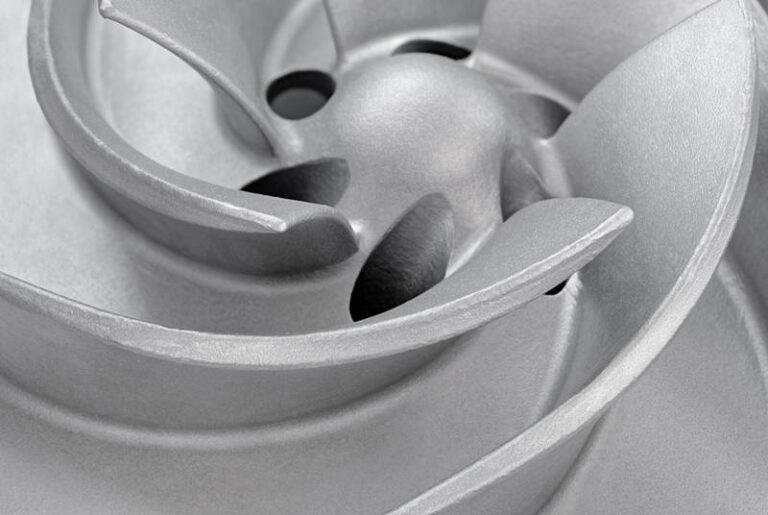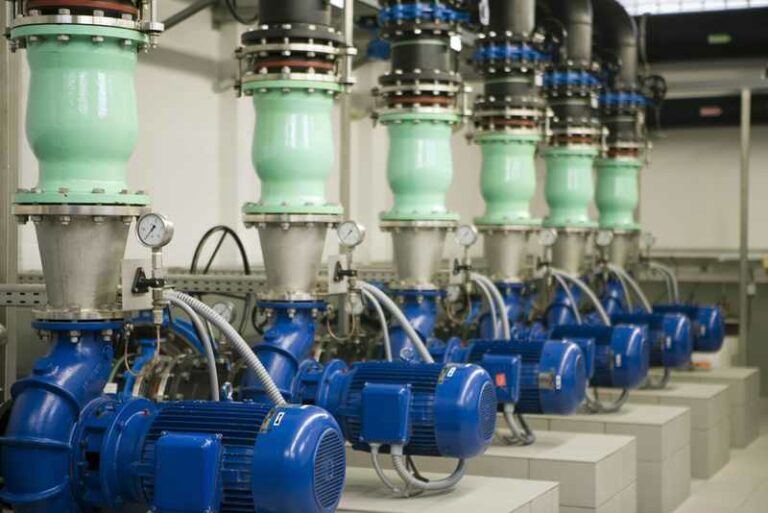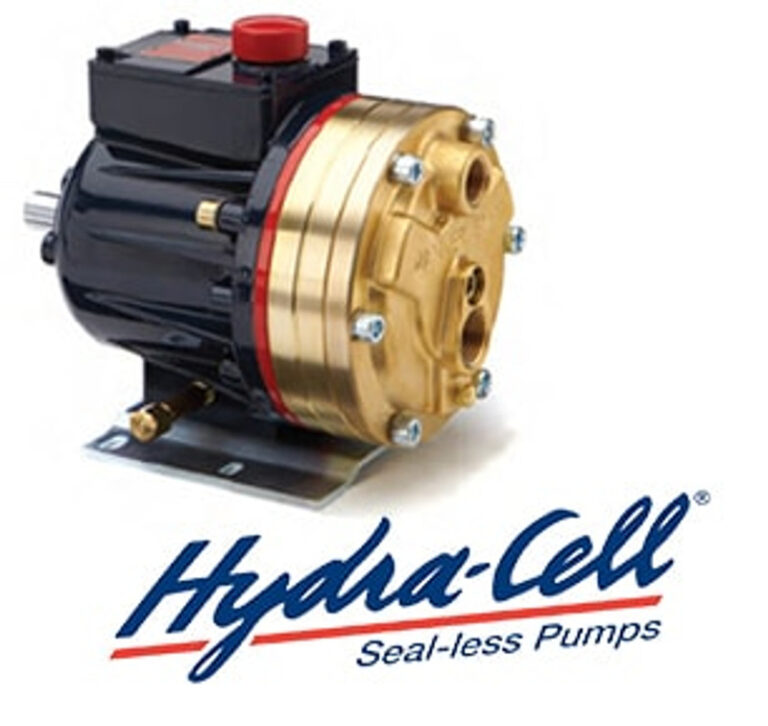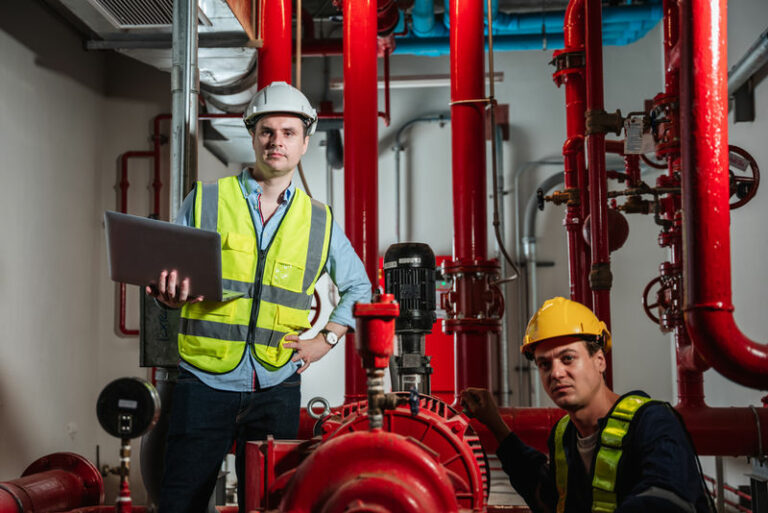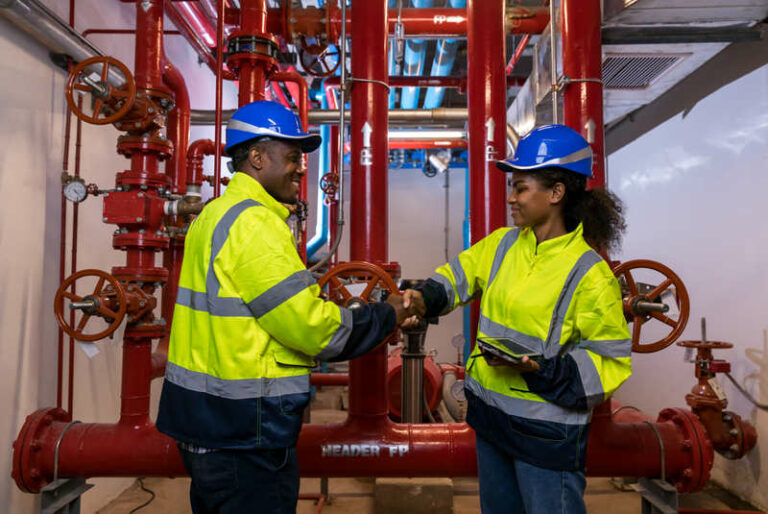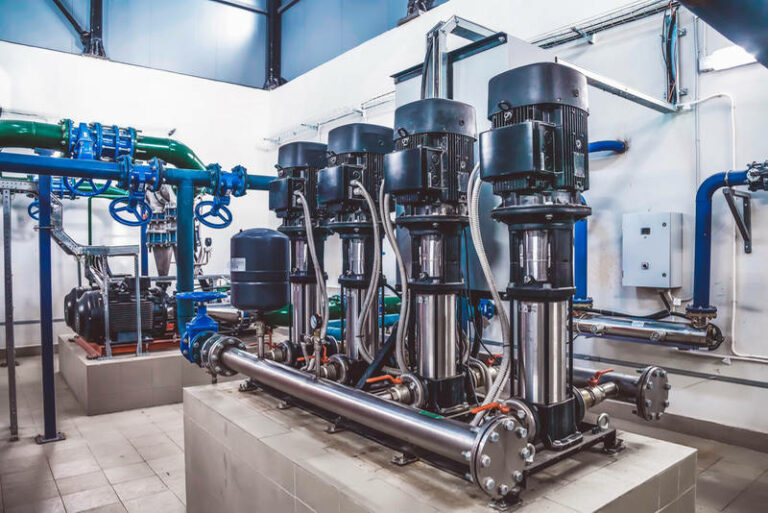The Future of Industrial Pump Parts: Embracing Smart Technologies
In today’s fast-paced industrial landscape, innovation is no longer a luxury—it’s a necessity. As industries adapt to increasing demands for efficiency, sustainability, and predictive maintenance, the world of industrial pump parts is undergoing a quiet but powerful transformation. No longer are pump components simple mechanical parts—they’re becoming smarter, more efficient, and more connected.

At Denver Pumps, we understand the value of staying ahead of the curve. In this article, we’ll explore how smart technologies are reshaping the future of industrial pump parts, what these changes mean for operators and facilities, and how your business can prepare for and benefit from this shift.
The Rise of Smart Technologies in Industrial Pumps
Smart technologies—like IoT (Internet of Things), AI (Artificial Intelligence), machine learning, and remote monitoring—have been making waves across many sectors. In the world of industrial pumps, these innovations are driving a new era of connectivity and data-driven performance optimization.
Traditional pump systems rely on manual inspection and reactive maintenance. However, smart pump parts integrate sensors and digital monitoring systems directly into the components—allowing for real-time tracking of pressure, flow, temperature, vibration, and other critical performance metrics.
This isn’t just about replacing parts. It’s about reimagining what pump parts can do.
What Are Smart Pump Parts?
Smart pump parts refer to components that are embedded with sensors or have been enhanced with digital capabilities. These include:
- Smart seals and bearings with vibration and temperature sensors.
- Impellers designed using CFD (Computational Fluid Dynamics) simulations and embedded monitoring tools.
- Motors with real-time diagnostics and automated efficiency adjustments.
- Casing and housings that integrate RFID tags for tracking usage and maintenance cycles.
- Pump controllers that use AI algorithms to adjust operation based on demand.
These upgrades allow systems to collect and transmit operational data continuously, helping engineers make faster, more informed decisions.
Benefits of Smart Industrial Pump Parts
1. Predictive Maintenance
Rather than relying on routine or emergency maintenance, smart pump components enable predictive maintenance. Sensors can detect early signs of wear, misalignment, or cavitation—allowing repairs or part replacements before costly breakdowns occur.
According to McKinsey, predictive maintenance can reduce downtime by 30%–50% and extend machinery life by 20%–40%.
2. Increased Efficiency
Smart pump parts optimize performance by constantly analyzing operational conditions. For instance, intelligent motor controllers can automatically adjust speed or power output to match system demand, reducing energy consumption without compromising output.
3. Improved Safety
Smart systems can identify potentially hazardous conditions—such as overheating, leaks, or pressure imbalances—before they become dangerous. Operators are notified immediately, ensuring a faster response and a safer work environment.
4. Remote Monitoring
With connected technologies, technicians no longer need to be physically present to monitor equipment. Through cloud-based dashboards and mobile alerts, they can oversee pump performance from anywhere, improving flexibility and resource allocation.
5. Lifecycle Optimization
By analyzing the data collected from pump parts over time, facility managers can better understand wear patterns, material fatigue, and efficiency losses—leading to smarter purchasing and longer equipment lifespans.
Applications in Key Industries
Smart pump parts are being embraced across multiple industries:
- Oil & Gas: Real-time monitoring reduces downtime in remote or hazardous locations.
- Water & Wastewater Treatment: Automation optimizes pump cycles, saving energy and costs.
- Manufacturing: Data-driven maintenance schedules maximize uptime.
- Food & Beverage: Sensors ensure sanitary conditions and efficient fluid handling.
- HVAC & Commercial Buildings: Smart controls adjust flow rates based on demand and environmental conditions.
Real-World Examples of Smart Pump Technology
1. Digital Twin Technology
Digital twins are virtual replicas of physical pump systems. These simulations allow engineers to test different scenarios, monitor real-time data, and predict outcomes without affecting actual operations. When integrated with smart pump parts, digital twins provide unprecedented insights into system behavior and performance optimization.
2. Condition-Based Monitoring (CBM)
Using vibration and acoustic sensors embedded in pump bearings or housings, CBM systems can detect early warning signs of failure, such as imbalance or misalignment. These alerts reduce unplanned outages and enable timely repairs.
3. Self-Learning Algorithms
Some modern variable frequency drives (VFDs) now incorporate self-learning AI that adapts over time, improving performance and energy efficiency as the system learns from usage patterns and environmental conditions.
Challenges to Consider
While smart pump parts offer compelling benefits, implementation isn’t without challenges:
• Initial Investment Costs
Smart components typically cost more upfront than traditional parts. However, long-term savings in maintenance, downtime, and energy use often justify the investment.
• Integration with Existing Systems
Legacy infrastructure may require retrofitting or complete overhaul to fully support smart technologies. Fortunately, many manufacturers now offer modular upgrades or hybrid solutions.
• Data Management
Collecting large volumes of sensor data means you also need tools and expertise to analyze and act on that data effectively. Industrial facilities may need to invest in new software platforms or training.
• Cybersecurity Risks
Any connected system is susceptible to cyber threats. Implementing strong cybersecurity protocols is essential when adopting IoT-enabled pump parts.
The Role of Sustainability
Sustainability is becoming a key driver behind the adoption of smart industrial pump parts. By improving energy efficiency, reducing waste, and extending equipment life, these technologies align with ESG (Environmental, Social, and Governance) initiatives and help companies meet regulatory requirements.
For example, smart sensors can detect and reduce water leaks, optimize chemical dosing, or reduce unnecessary pump cycling—all of which contribute to a more sustainable operation.
How Denver Pumps Is Preparing for the Future
At Denver Pumps, we’re committed to providing cutting-edge pump systems and components that support the evolving needs of our clients. We work closely with manufacturers at the forefront of innovation to offer a growing selection of smart industrial pump parts designed for longevity, efficiency, and intelligent performance.
Our team of experienced technicians and engineers can help you:
- Assess the current state of your equipment.
- Identify opportunities to integrate smart technologies.
- Select the right parts for your operational goals.
- Plan and execute seamless installations.
- Provide ongoing support and performance optimization.
Whether you’re upgrading a single system or planning a facility-wide transformation, we’re here to help.
Preparing for What’s Next
Here are a few steps your facility can take now to get ready for the future of industrial pump parts:
- Audit Your Existing Equipment
Identify aging pumps or systems that could benefit from smart upgrades. - Set Performance Goals
Define what success looks like—reduced energy use, lower downtime, longer part life—and measure progress against these benchmarks. - Start Small
Test smart parts in critical or high-use systems before rolling them out across your operation. - Train Your Team
Ensure that your maintenance and operations staff are familiar with smart technologies and know how to interpret performance data. - Partner with Experts
Choose suppliers like Denver Pumps who understand both the technical and operational sides of industrial pumping and can guide your transition confidently.
Final Thoughts: A Smarter, Stronger Future
The future of industrial pump parts lies in intelligent, connected technologies that do more than simply move fluids—they provide insights, optimize performance, and empower better decision-making. By embracing smart technologies now, you position your operation for greater efficiency, lower costs, and longer-lasting equipment.
At Denver Pumps, we’re not just keeping up with the future—we’re helping build it.
If you’re ready to upgrade your systems with smart industrial pump parts or want to explore the options available for your operation, contact us today to start the conversation.

